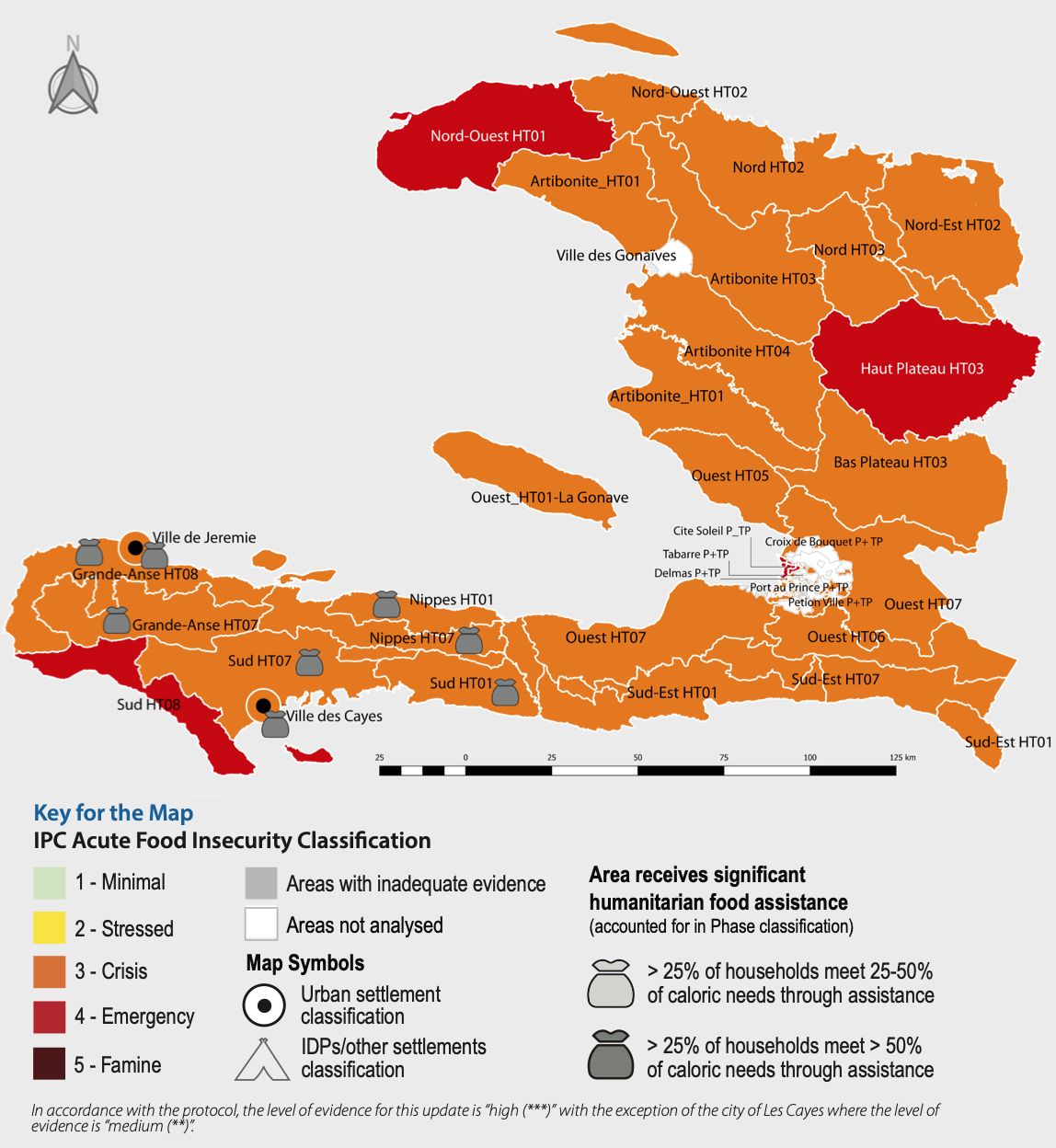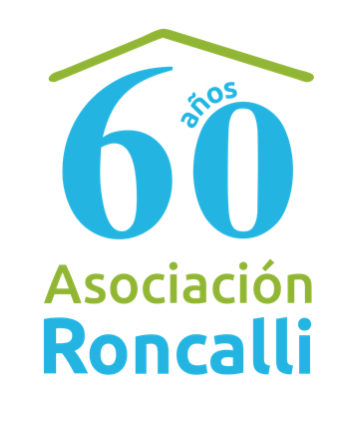Migration and Haiti News
There has been a brief, no doubt temporary, respite from the expulsion of people back to Haiti under Title 42 this week.
There has been a brief, no doubt temporary, respite from the expulsion of people back to Haiti under Title 42 this week.
[caption id="attachment_10420" align="alignright" width="500"] Integrated Food Security Phase Classification Snapshot | March - June 2022 (Projection update)[/caption]
Integrated Food Security Phase Classification Snapshot | March - June 2022 (Projection update)[/caption]
Between October 1, 2021 and April 30, 2022, the US Border Patrol encountered a number equivalent to 1 out of every 69 Nicaraguans trying to get into the United States - a higher portion relative to population than any other country in Central America this year. “Encounter” refers to someone apprehended for attempting to enter the United States in an unauthorized manner, or deemed inadmissible at a port of entry, or anyone expelled under Title 42 authority.
Quixote Center Denounces Preliminary Injunction on Title 42; Continues Call for Restoration of Asylum
Washington D.C.—Today a federal court in Louisiana issued a preliminary injunction against the Biden administration and the Centers for Disease Control and Prevention's decision to end Title 42. This decision means that the United States Border Patrol is required to continue to expel migrants immediately upon encounter, thus, denying refugees access to asylum or other humanitarian relief.
At 6 AM on a Wednesday, I joined community organizers and volunteers outside Union Station to greet migrants bused from the US-Mexico border to Washington DC. I expected everyone to arrive haggard and exhausted, as I feel after just a few hours on a bus. Instead, they came bright-faced and smiling, exuberant to have arrived.
[Warning: This post contains descriptions of extreme violence]
Michelle Bachelet, the United Nations High Commissioner for Human Rights, issued a statement on March 17, that read, “Armed violence has reached unimaginable and intolerable levels in Haiti…It is crucial for urgent steps to be taken to restore the rule of law, to protect people from armed violence and to hold to account the political and economic sponsors of these gangs.”
The statement offered the following account of recent violence:
The following is press release from the Jesuit's Central American Province and was shared to us by our partners at the Asociación Roncalli. We have translated it into English, you may find the original version HERE.
THE SOCIETY OF JESUS' CENTRAL AMERICAN PROVINCE PRESS RELEASE
The Biden Administration expelled 450 people to Haiti, including 44 children, 20 of whom were infants, on three flights this week. These flights bring the total to 235 expulsion flights to Haiti since Biden took office, more than 23,000 people in total, and 21,000 in the eight months since the debacle in Del Rio last September. Another 8,000 people were summarily expelled into Mexico during the Del Rio crisis.
As we've been discussing now for a few weeks, the Biden Administration decided to bring enforcement of Title 42 policies, which enable the US government to expel asylum-seekers without allowing them to apply for asylum, to a close on May 23. The announcement has led to a political backlash from Republicans and even many Democrats. As a result, several GOP attorneys-general sued the Biden administration for ending Title 42 too quickly.
 On Tuesday, May 2, the National Assembly in Nicaragua voted to revoke the legal recognition of 25 nonprofit organizations based on the recommendation of the Ministerio de Gobernación (MiGob).
On Tuesday, May 2, the National Assembly in Nicaragua voted to revoke the legal recognition of 25 nonprofit organizations based on the recommendation of the Ministerio de Gobernación (MiGob).
“I'm not here because I want to be here. I'm here to save the lives of my children.” - Mexican asylum seeker, expelled under Title 42 in March 2022
i want to go home,
but home is the mouth of a shark
home is the barrel of the gun
and no one would leave home
unless home chased you to the shore
unless home told you
to quicken your legs
leave your clothes behind
crawl through the desert
wade through the oceans
drown
save
be hunger
beg
forget pride
your survival is more important
In Haiti 4.5 million people are experiencing high levels of food insecurity today, with roughly 45% of the population expected to face severe hunger over the next several months; 1.3. million of them are in an emergency situation. Based on IPC classifications of food insecurity, all of Haiti's regions are at level 3 or 4, meaning that in every department, there is hunger. Level 3 means there is either not enough food, or people can only eat enough if they forego other necessities.